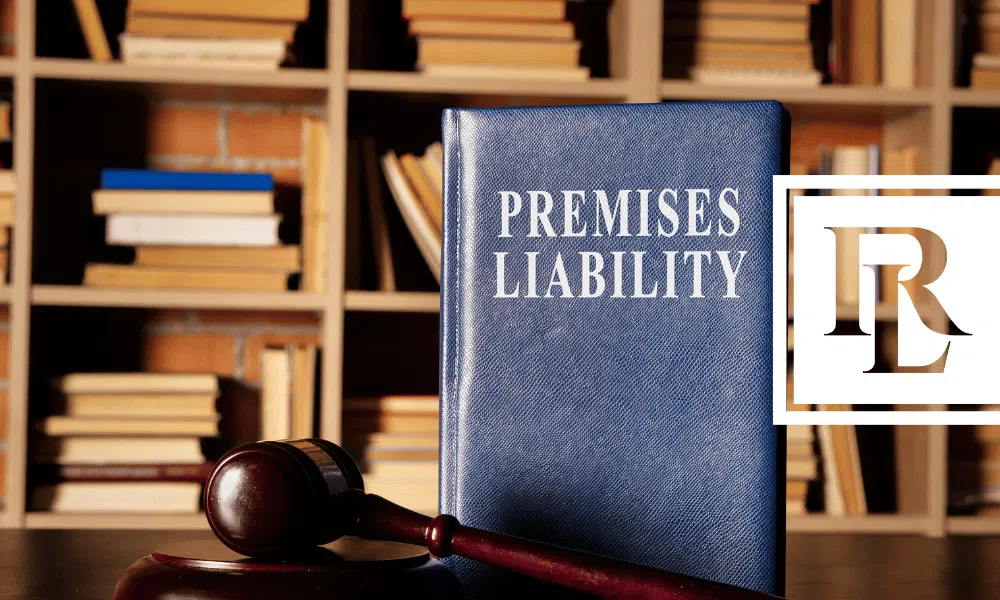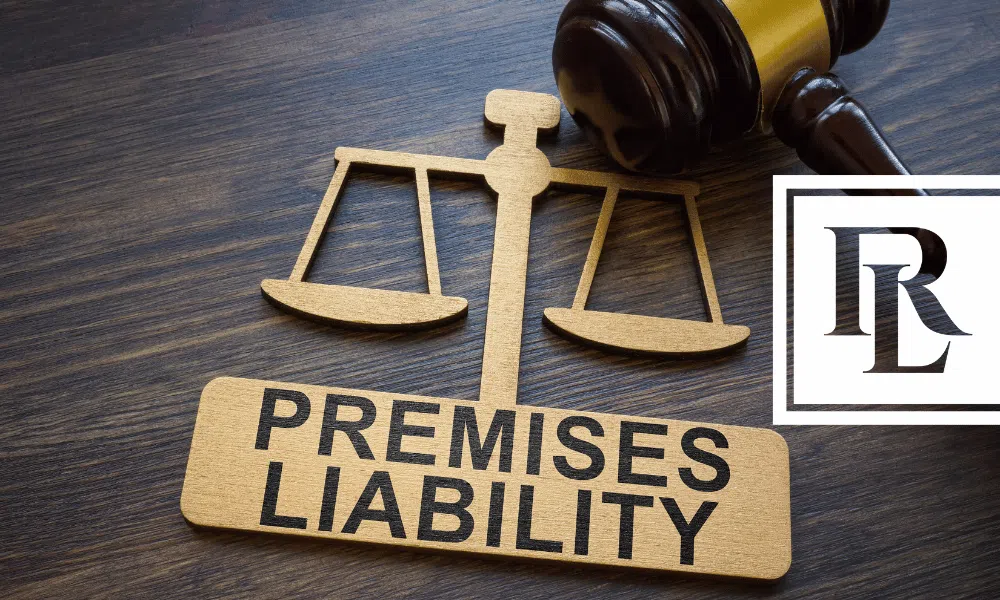If you or your guest are injured due to a defect and/or an unsafe and dangerous condition in your rented home, you or your guest may be able to recover damages against your landlord. Your landlord has a duty of care to make sure the premise is well maintained and reasonably safe for you to reside in. But there are some limitations to their responsibility.
Landlords are responsible for reasonably maintaining all common areas. Common areas are shared areas with other tenants or the landlord themselves if they live there. Common area examples are hallways, staircases, and entrances and exits. Common areas are also shared areas outside of the building such as parking lots, driveways, or walkways.
A landlord must be made aware of a defect or unsafe and dangerous condition if it is within your rented area. Making the landlord or property manager aware is what is called notice. Notice is an essential part of being able to recover from your landlord if the defect or unsafe and dangerous condition is within your rented area.
There are two types of notice: Actual and constructive.
Did your landlord know about the defect or unsafe and dangerous condition before you were injured? If the landlord knew they had actual notice.
If you let the landlord or property manager know about the broken window or the defective stove before you are injured the landlord has actual notice.
Any time you let the landlord or property manager know about an issue make sure it is in writing. Text, email, or write a letter to put the landlord and/or property manager on notice. Always date the correspondence and save it in your records for future reference. Make sure you provide it to your attorney when opening your case.
Should your landlord have known about the defect or unsafe and dangerous condition? If they should have known they had constructive notice.
The landlord or property manager has constructive notice when they go to your apartment or house and the defect or unsafe and dangerous condition is obvious and/or on display. Some examples are an uneven walkway due to crumbling cement or a crack, the railing on the shared stairs is loose and not stable, and the hallway light is out. Another example is if it snowed the night before, the landlord or property manager is on constructive notice to salt, sand, and remove the snow.
Notice is a critical part of your personal injury case because the landlord must have an opportunity to “cure” (fix) the defect or issue. To do so they must know about the issue and have a reasonable amount of time to resolve it. Always review your lease as there might be specific exclusions that place responsibility on you to resolve these occurrences.






